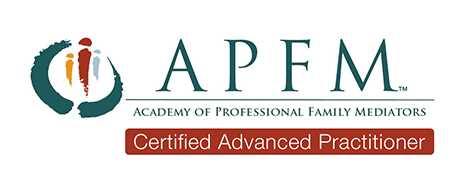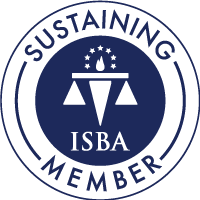Is divorce the answer? For many this is THE question.
If you are struggling in marriage, but the  consequences of divorce loom large, how can you know the what to do?
consequences of divorce loom large, how can you know the what to do?
Coaching can help.
Step 1–Consider: Is divorce the answer?
Coaches–trained in the emotional, legal, and practical impacts of divorce–help you assess the state of your marriage in light of your own priorities. Coaches address issues such as:
- What do you want from marriage?
- What stands in the way of getting this?
- What changes are you willing to make to save your marriage?
- What changes would your spouse need to make?
- Do you want the marriage even if she/he never changes?
As you develop a concrete picture of both the issues and the options, clarity emerges. You know yourself. As you gain clarity, you will know if it’s time to dig down to save your marriage–or time to part ways.
If you choose to stay married–
If you decide to redefine the marriage into a relationship that works, coaches help you create a vision for the marriage you want and a plan to get there.
Much like a physical or work coach, relational coaches provide education, support, and accountability to help you succeed in building a fruitful, fulfilling marriage. If this fits your situation check out Coaching in Marital Mediation.
If you move toward divorce–
Often a clear assessment of the marital relationship reveals that the couple is already effectively divorced. If you are emotionally disconnected, living parallel lives, and physically distant–the marriage may already be lost. This often happens when trust has eroded.
Trust, the foundation of all relationships, proves most crucial in marriage. If the trust is gone–so is the marriage.
Couples can rebuild this foundation if they are willing to invest hugely in their relationship. God’s healing can redeem any situation. But, only if both parties stand ready to make the significant changes needed to rebuild. If either can’t or won’t–the couple becomes effectively divorced. If you find yourself here, that might signal a move toward divorce.
Step 2–Create a vision
If you decide to divorce, coaches begin by helping you create a vision for life post-divorce.
- Where will you live?
- What work will you pursue?
- What opportunities, foregone for the sake of the marriage, would you like to recapture?
As you work with the coach to develop a vision, you gain hope.
Creating a vision also creates clarity for entering the divorce process. If, for example, you need to return to school to reenter the workforce, any financial settlement needs to include money for school. Working with a coach to clarify vision and define priorities prepares you for the mediation process.
Step 3–Prepare for substantive issues
- Financial issues. Divorce requires couples to negotiate assets, liabilities, child support, and maintenance. For many these issues prove daunting. A coach helps you understand the terminology, pull together necessary financial documents, and understand the options as you enter divorce negotiations.
- Parenting issues. Many parents struggle with parenting on the best of days, let alone through a trauma–like divorce. Developing parenting plans, defining roles, and easing children through the transition of divorce taxes even champion parents. Coaches help parents understand how divorce impacts children, options for creating healthy homes with both parents, and how to work cooperatively with the other parent.
Step 4–Develop healthy communication patterns
Conflict hinders communication. Broken trust destroys it. Couples facing divorce often develop patterns of communication that hinder working together.
To negotiate effectively, you must communicate well. To parent well, you need to communicate. Coaches help you learn patterns that increase clarity and reduce conflict. You will be able to express yourself clearly and constructively–critical to working together in mediation and for your children.
Step 5–Set boundaries
Divorce means redefining the relationship with your spouse. Setting healthy boundaries eases the transition. Boundaries help by:
- establishing the line between what you still share with your former spouse and what you don’t,
- enabling you to take ownership of the decisions that are yours, and
- preventing you from entering areas that no longer concern you.
Coaches help you define how to interact with both your former spouse and your children–creating a more stable post-divorce life for everyone.
Should I divorce? Coaches can help you find the answer to that question. And, all the questions that follow. Contact The Resolution Center at 317-344-9740 or info@TheResolutionCenterIndy.com for more information on how our coaches might serve you.





